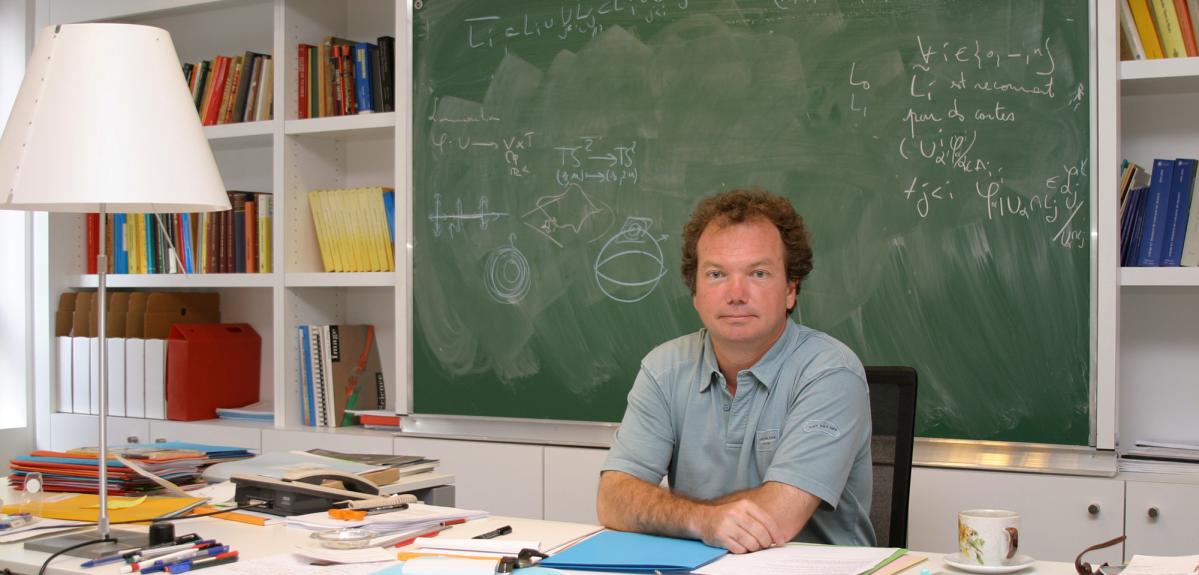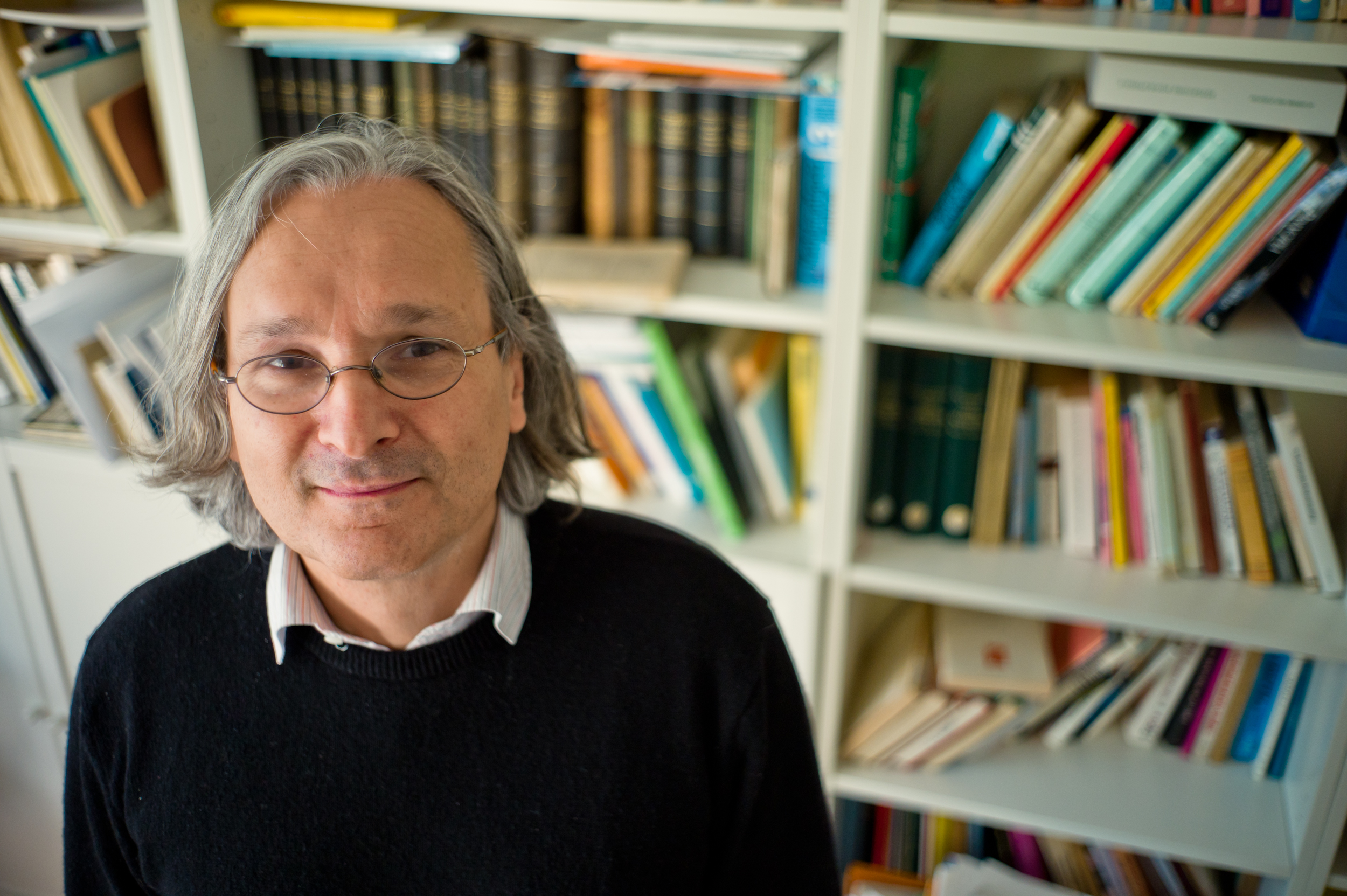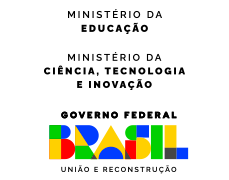Brazilian mathematics was born open to cooperation

Jean-Christophe Yoccoz
* The text below was part of the application dossier from Brazil to Group 5, the elite of World Mathematics, International Mathematical Union
Brazilian mathematics was born open to international cooperation, by necessity as much as by design. While the first generation of professional mathematics researchers have been trained in and kept strong ties with the United States, equally strong connections with France were woven over the years, especially from the late 1970s and remain crucial to present date.
Through the 1980’s and 90’s several of the brightest young French mathematicians – Pierre Bérard, Étienne Ghys, Jean- Christophe Yoccoz, Christian Bonatti and many others – visited IMPA for 1-2 years under the “coopération” program of the French government, which replaced their military service.
Cooperation with other major countries has also been growing and is reflected in the joint meetings cycle organized by the SBM and SBMAC in collaboration with their counterparts in Spain and Italy, for example.
Needless to say, relations with the neighboring Latin-American countries have always been a top priority. In this context Brazil has played a substantial role over the decades. The report
Mathematics in Latin America and the Caribbean: challenges and opportunities, published in 2014 by the IMU Commission for Developing Countries highlights its role as a center of training for young researchers from all over the region: Indeed, Brazil´s general policy of granting graduate scholarships to students from all over the world, with no citizenship constraints and no strings attached, has attracted substantial numbers of the best Latin American young mathematicians to its graduate schools. For example, almost 50% of IMPA´s doctoral alumni originated from a Latin American Country other than Brazil.
Another significant role has been in the buildingup of regional organizations and cooperation networks. In particular, the Mathematical Union for Latin America and the Caribbean (UMALCA) was formally constituted at IMPA´s headquarters in 1995, and several Brazilian mathematicians have served in its ruling bodies since.
Brazil also has a very significant part in the launching of the Mathematical Congress of the Americas (MCA), for instance by hosting at IMPA the 2011 meeting of organizations and institutions from all over the Americas where the organization of the Congress was formally approved, and by supporting in many ways the recently created Mathematical Council of
the Americas (MCofA).
Some characteristics of this country make it necessary to distinguish it from the rest of Latin America. The degree of development of mathematical research in some institutes and universities in Brazil is remarkable, according to the number of publications, number of doctorates granted and other indicators. Brazil has played an important role as a training center of mathematicians from neighboring countries such as Peru, Venezuela and Paraguay.

Étienne Ghys
Besides the spectacular progress of Mathematics in Brasil in the last years, the Brazilian mathematical community has been very important for the development of Mathematics in the whole of Latin America. For several decades, Brasil has attracted many students from the region by offering them very good working conditions. Most Latin American mathematicians have visited the country for collaboration at some stage of their career, so that the influence of Brazilian mathematics extends all over the region. Last but not least, the most important series of mathematical books and monographs published in the region are originally produced in Brazil. Many of them were translated from Portuguese into Spanish, and are the textbooks for courses of advanced mathematics in several Spanish-speaking countries.
Andrés Navas (president), Chilean Mathematical Society
Brazil has played an important role for the development of mathematics in Mexico and in the region. For instance, the research groups in dynamical systems that exist in various countries all have their origin in Brazil. From the viewpoint of the Latin American cooperation, Brazil has always played a key role. That cooperation started decades ago, mostly through the Latin American Schools of Mathematics, ELAM, which were started in Brazil. That cooperation paved the way for the creation of UMALCA and the organization of the first the Latin American Congress of Mathematics, which was held in 2000 in Rio de Janeiro.
José Seade (director), Instituto de Matemáticas, Universidad Nacional Autonoma de México
The Brazilian mathematical community has been very active in promoting mathematics in Latin America in a number of ways. IMPA played an important role in disseminating the newest developments in the region, with generous support to colleagues from our countries. The importance of the initiative of Brazilian colleagues in establishing UMALCA and more recently the Mathematical Council of the Americas cannot be overestimated. The organization of the ICM 2018 in Rio de Janeiro is felt as a success of the whole region.
N. Andruskiewitsch (president), Argentinean Mathematical Union.
Brazil has had a great influence on mathematics in Latin America and, especially, in Uruguay. A considerable number of Uruguayan mathematicians obtained their Ph.D.s from Brazilian institutions, and even more have kept strong ties of collaboration with Brazilian colleagues over the last 30 years or so. Brazil has also played a key role in the creation of UMALCA, and remained a strong supporter of the Union up to present day.
Robert Markarian (rector), Universidad de la República, Uruguay.
Members of the Brazilian mathematical community are very active in assisting with the aims of the Mathematical Council of the Americas: to highlight the excellence of mathematics in the Americas and to foster scientific integration between all mathematical communities in the Continent. Brazilian mathematicians played an essential role in establishing the MCofA in 2010 and have been fully committed to regional cooperation. Activities sponsored by the MCofA include the quadrennial Mathematical Congress of the Americas where Brazil plays a very important role. MCA2017 takes place in July 2017 in Montreal, and Brazil is one of the leading supporting countries including Canada, the USA and Mexico. The international stature of the Brazilian mathematical community informs the bid of Brazil to join Group 5 of the IMU.
Susan Friedlander (chair), Mathematical Council of the Americas


